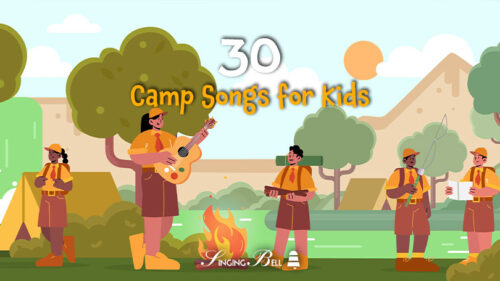Looking for ideas on how to celebrate Earth Day at school? Here are some great tips!


As we celebrate Earth Day each year, it’s important to remember the role that education plays in promoting sustainability and environmental responsibility. Teachers have a unique opportunity to inspire and educate their students about the importance of protecting our planet, and to instill in them a sense of responsibility for the natural world.
In this blog post, we’ll explore some ideas for teaching sustainability and environmental responsibility in the classroom, from conducting a waste audit to exploring renewable energy sources. By incorporating these ideas into your lesson plans, you can help your students become stewards of the earth and make a positive impact on our planet.
Table of Contents
- Conduct a Waste Audit
- Plant a Garden
- Reduce Energy Consumption
- Explore Renewable Energy
- Study Local Environmental Issues
1
Conduct a Waste Audit
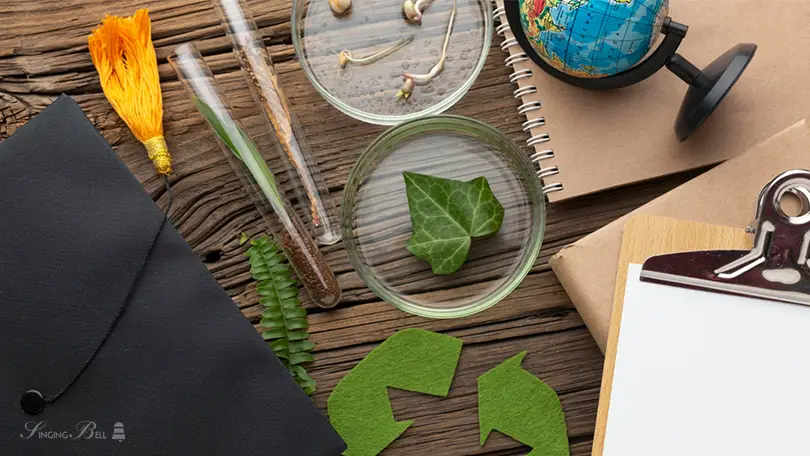
Have students conduct a waste audit of their classroom to see how much waste is generated. This can help them understand the impact of their daily activities on the environment.
You can then use this information to discuss ways to reduce waste, such as recycling, composting, and using reusable containers.
2
Plant a Garden
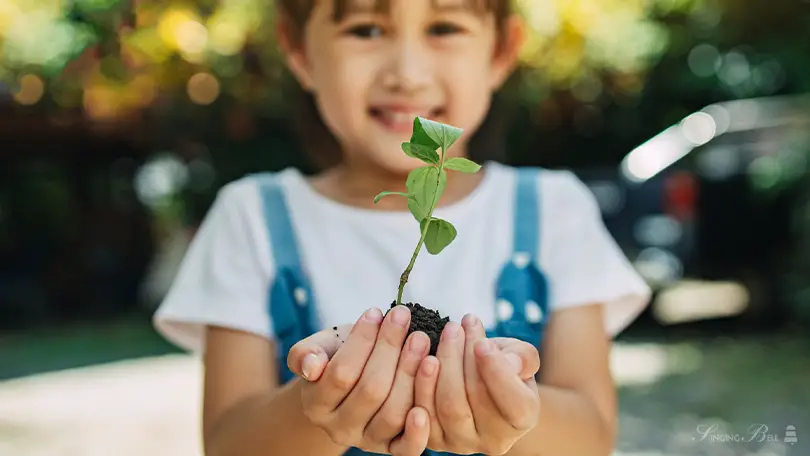
Planting a garden is a great way to teach students about sustainability and environmental responsibility.
You can use the garden to teach about the importance of healthy soil, water conservation, and the benefits of growing your own food. Students can also learn about the lifecycle of plants and the importance of biodiversity.
3
Reduce Energy Consumption
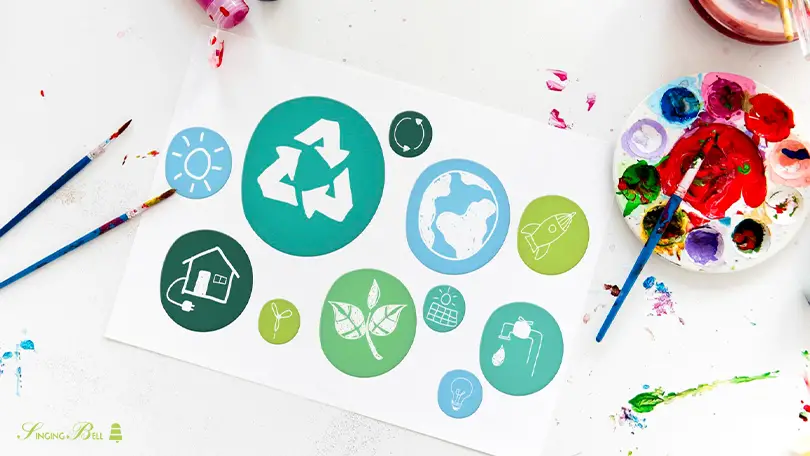
Teach students about the importance of reducing energy consumption by turning off lights and electronics when not in use.
You can also have them calculate the energy consumption of various devices and discuss ways to reduce energy usage in their homes.
4
Explore Renewable Energy
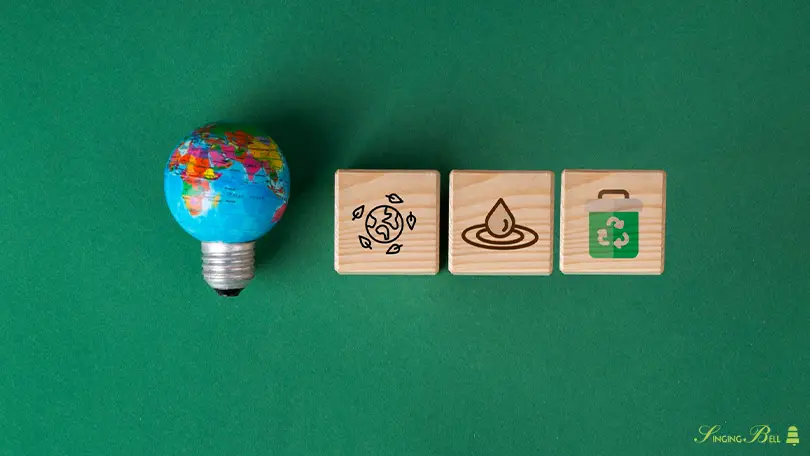
Teach students about renewable energy sources, such as solar, wind, and hydro power.
You can discuss the benefits of these sources of energy and the challenges of transitioning to a more sustainable energy system.
Students can also explore the potential for renewable energy in their own community.
5
Study Local Environmental Issues
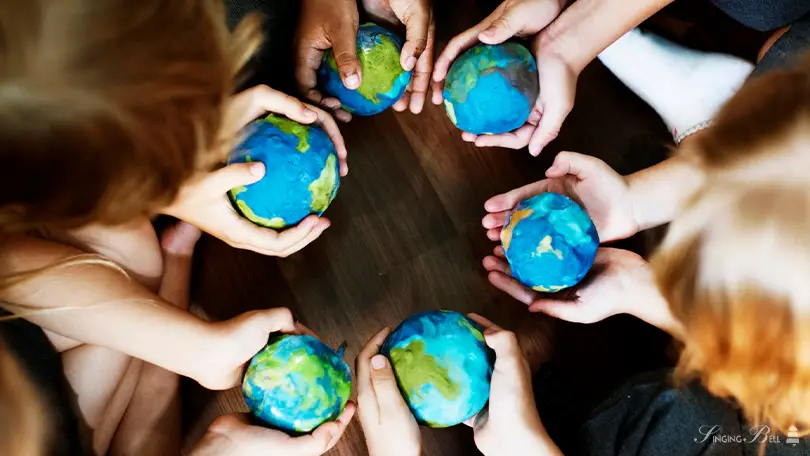
Explore local environmental issues and the ways in which they impact the community.
You can discuss ways to address these issues, such as reducing pollution, protecting wildlife habitats, and conserving natural resources. Students can also learn about the role of local government and community organizations in promoting environmental sustainability.
If you like it, pin it!
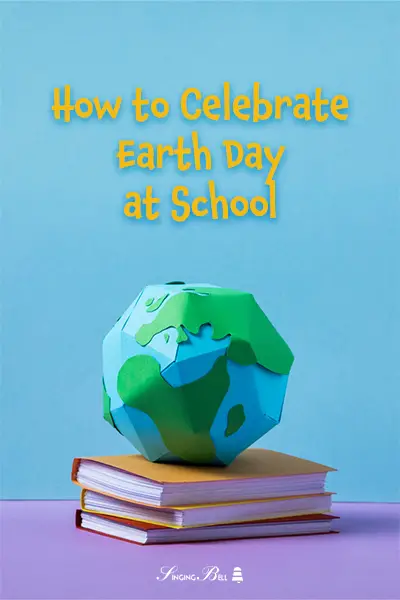
Did you like this post?
You may also like:
Earth in Bloom : 39 Spring Quotes for Kids
Celebrating National Poetry Month: 5 Tips for Engaging Students with Poetry




